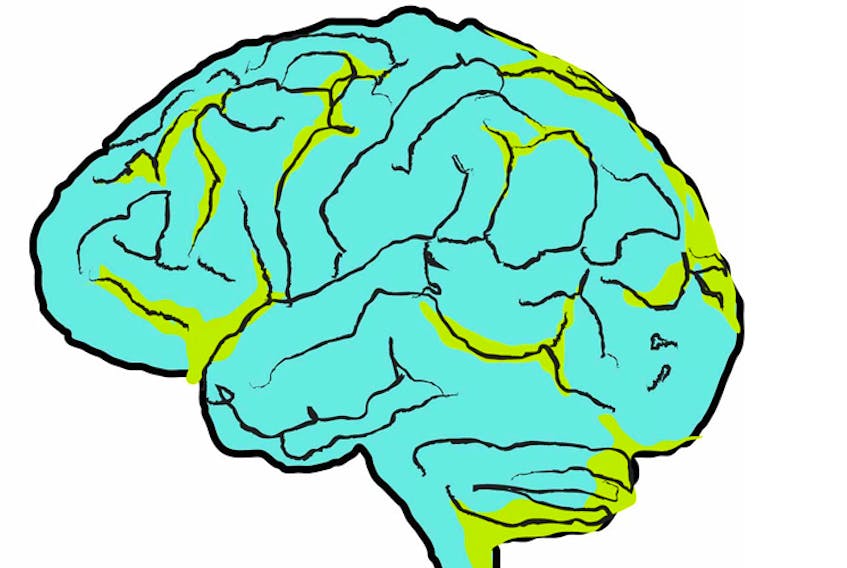This comes up in conversation weekly. People I speak to are consistently frustrated with those they are in relationships with who are not self-aware. Sometimes they do not use these words but listening, I can tell this is what they are struggling with. Practising acceptance is awesome but being with someone a lot, who struggles with self-awareness, can be fatiguing.
Do you feel you are self-aware? Here are some statements to consider on a scale from “not at all” to “every time.”
1. I “observe” myself
2. I have insight into myself
3. I look at why people act the way they do
4. I have learned about myself and how I see the world
5. I am continuing to work on and develop myself
6. I focus on ways of amending my behaviour that would be useful
7. I reassess my own and others’ responsibilities
8. I am aware of my abilities and limitations
9. I am reflective
10. I am realistic about myself
A big part of self-awareness is being aware of your emotions and what effect they have on you and the people around you. Some of this crosses over into emotional intelligence. When we begin to step outside ourselves and start appreciating how our reactions affect a situation, good or bad, then you are moving towards being more self-aware. Your environment can drive your behaviour but realizing that your behaviour can create your environment is also powerful.
Psychologists Shelley Duval and Robert Wicklund developed the theory of self-awareness. They proposed that: “when we focus our attention on ourselves, we evaluate and compare our current behaviour to our internal standards and values. We become self-conscious as objective evaluators of ourselves.”
This is why self-awareness is felt to be linked to self-control. The ability to monitor our emotions and thoughts from moment to moment is key to understanding ourselves better and managing our thoughts, emotions, and behaviours.
It can affect the bottom line in businesses as well. Struggling companies’ employees were 79 per cent more likely to have low overall self-awareness than those at firms with high rates of return. Stock performance was tracked over 30 months, from July 2010 through January 2013. During that period the companies with the greater percentage of self-aware employees consistently outperformed those with a lower percentage.
Self-aware people have a better outlook on life and are more compassionate.
Developing your self-awareness can contribute to your resilience. Having the skills associated with resilience can support you in difficult times. Through self-awareness, you can step back and recognize your emotional state. This can help develop clarity, as you realize what you are feeling is temporary and you shouldn’t let this emotion guide how you react.
Here are some daily skills you can try to work on:
● Your senses: For example, are your fists or jaw clenched? You might be feeling angry.
● Your thoughts and beliefs: What are the thoughts you have when you are angry? Learning and knowing what thoughts you often have in each emotional state can be an indicator to yourself of your feelings and how your thoughts are influencing your emotions.
● Your actions: What physical behaviour indicates you are angry? Learn to know the common actions of each of your emotions to become more self-aware.
● Your triggers: Is there something that regularly makes you angry? Recognizing and generating a plan to avoid that situation (if possible) or to combat negative emotions may be helpful.
● Your motives: Set standards for yourself in different social situations. For example, think of how you should act when you are angry with your boss. This can help you become self-aware and promote the kind of behaviours you want to have.
As humans, we may never fully understand ourselves. But perhaps it is the journey of exploring, understanding and moving towards our purpose that makes life worth living. Whether you want to be more accepting of yourself or more accepting of others, cultivating self-awareness is a good place to start.
Finally, have some self-compassion. Stop being so hard on yourself. We judge ourselves all the time. Try being less judgmental of yourself and live more in the moment.
Darren Steeves is the owner of VenduraWellness.com, a company dedicated to improving organizational health one step at a time.









